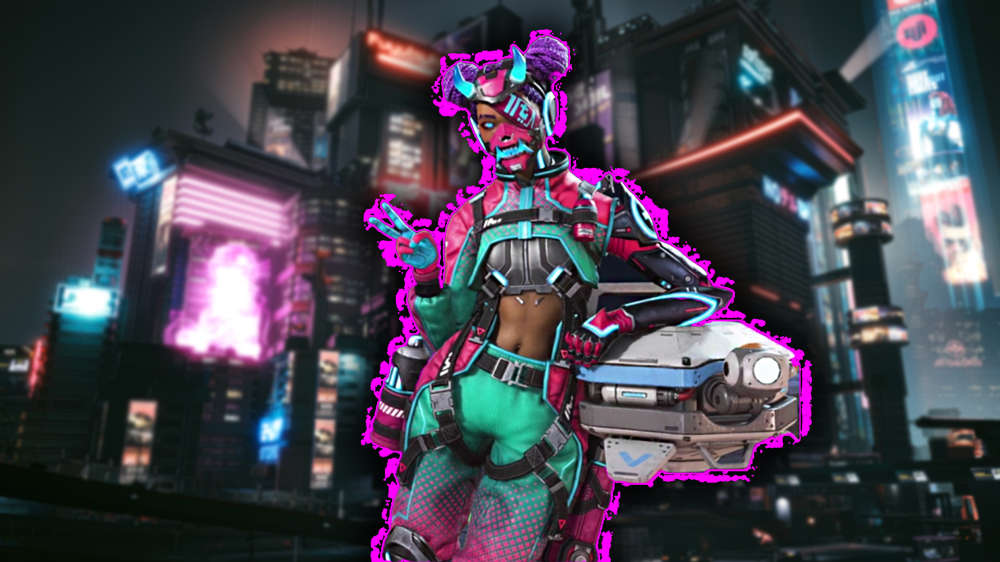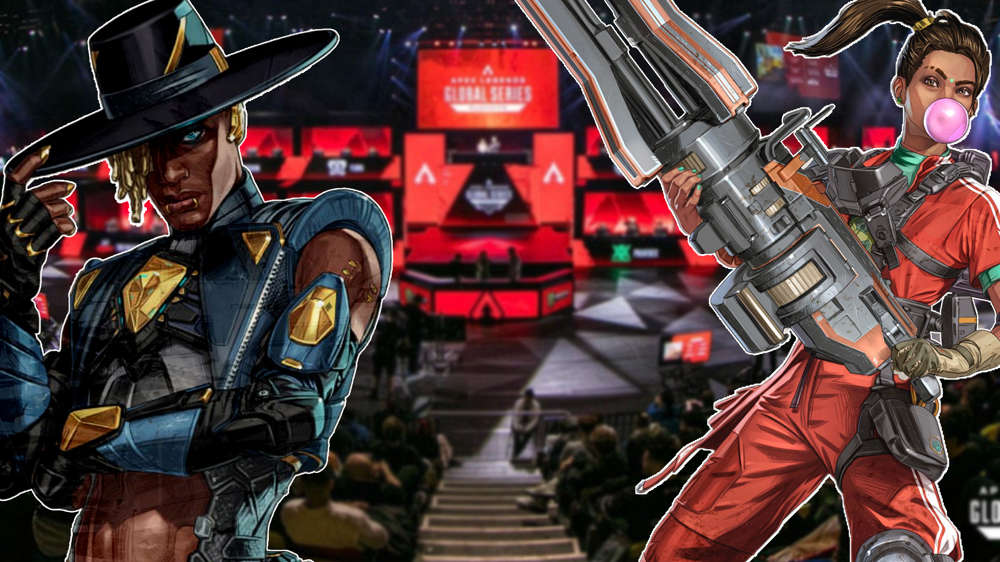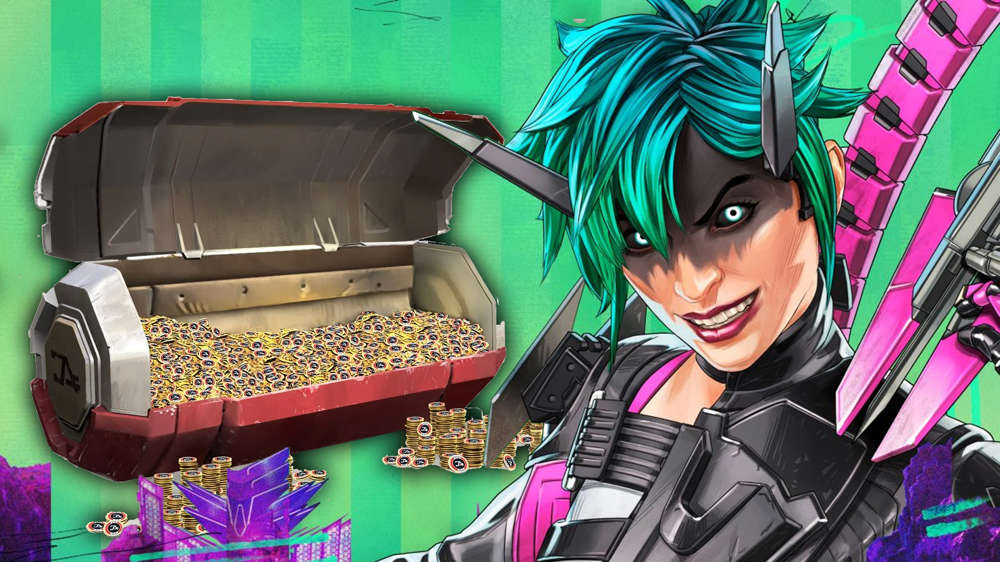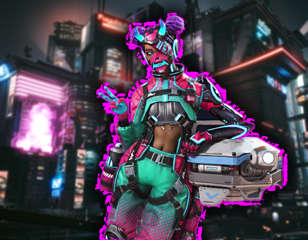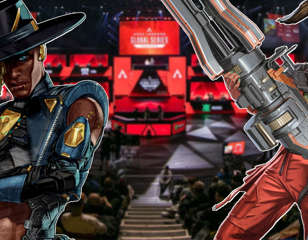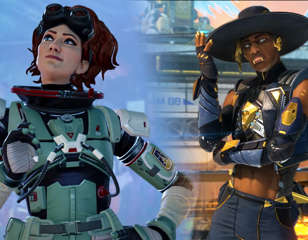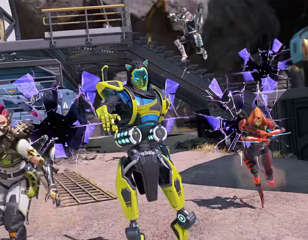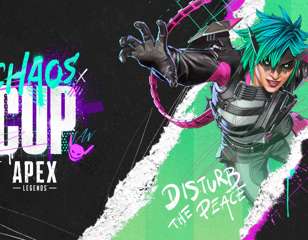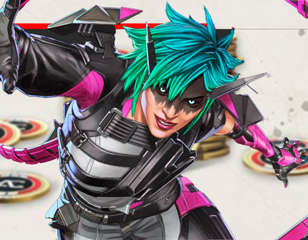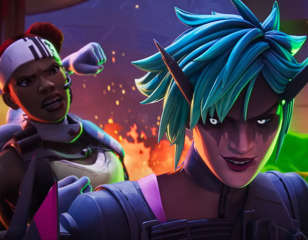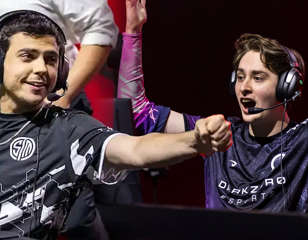The Psychological Effect Of Skins
Is it 'pay to win', or 'pay to look cool'?

Katie Memmott
19th Oct 2020 18:30
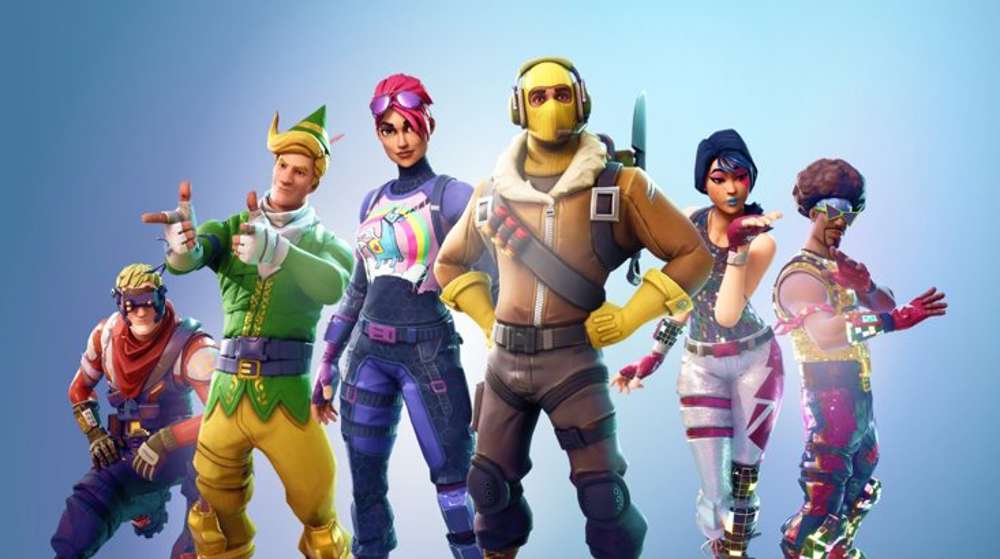
Using cosmetic items in-game can give some gamers an edge – but where does that edge come from? Developers insist that cosmetic items like skins don’t actually improve gameplay, and even the Fortnite Item Shop comes with this very disclaimer.
These items are cosmetic only and grant no competitive advantage.
But is that true? Or does psychology come into play in a big way when we think about donning those Legendary (and often expensive) in-game skins?
Players often tout that wearing beautiful or intimidating-looking in-game outfits gives them confidence, and even helps them play better. Some even suggest the enemy is more likely to be unnerved when seeing such a skin in their lobby, and that it may help with engagements where this brief scare works in their favour.
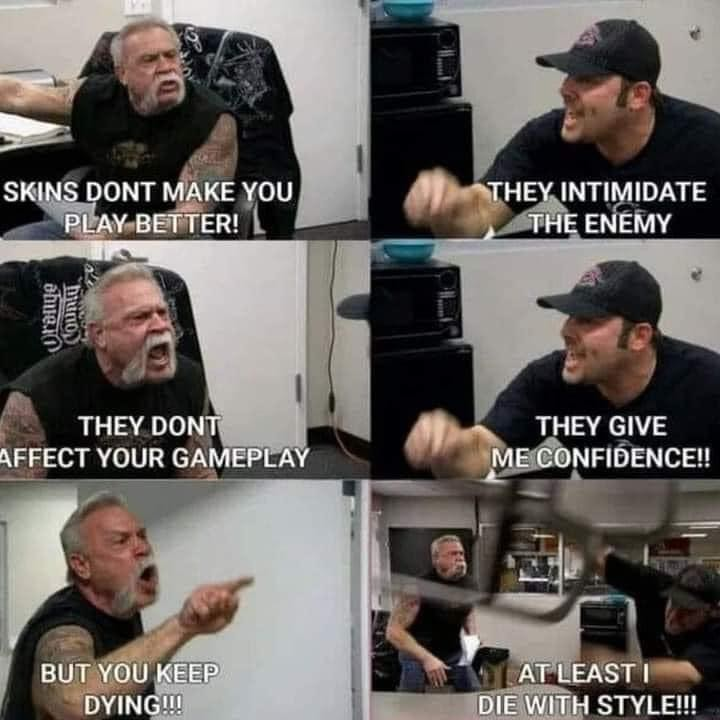
Cosmetic Culture - what led to us wanting to look nice in pixel form?
To truly investigate this psychological phenomenon, we have to understand where it began – and why.
The Elder Scrolls IV: Oblivion is famous for its Horse Armour Pack way back in 2006, at what seems today like a reasonable price - $2.50.
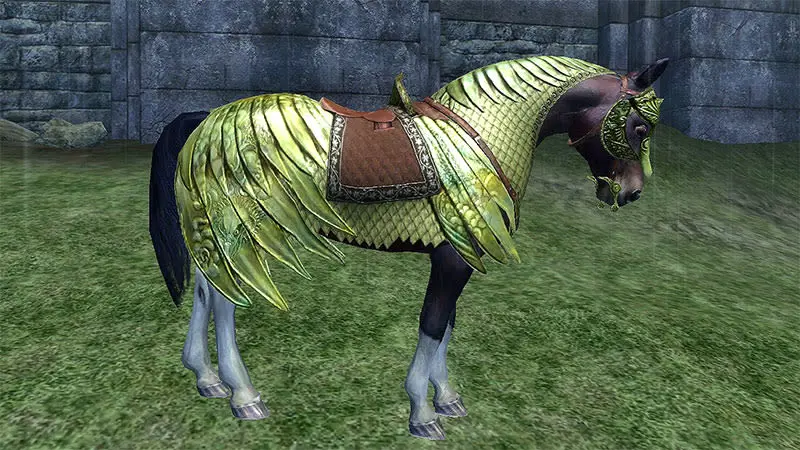
The true character skin/cosmetic item trend came in with Counter-Strike in 2000, and then blossomed to entirely new levels with Fortnite: Battle Royale in 2017.
Skins in games aren’t new, they used to be a reward for completing quests in Single Player games, and usually came as an equippable armour item in your inventory, and were basically free. Purchasing skins with real-life currency (or purchasing in-game currency with real money to do so) has only really burgeoned with the rise of Battle Royale games, like Apex Legends and Fortnite.
The ‘why’ is a little more difficult to pin down.
An article on psychological triggers of the Fortnite Item Shop from kr4m.com explains several different reasons why these pixel-outfits appeal to the player. The article suggests that the human condition is mainly to blame, giving users free reign to be greedy, bow to trends within sponsorships (such as Marvel X Fortnite), and appeals to their sense of urgency when a skin is in the shop for a limited time. There is also a sincere “desire to collect” when it comes to these cosmetic items. The clever packaging of “sets” of items appeals to players, making them want to purchase the skin for their character, as well as the accessories (all at a higher cost.)
The pioneer of microtransactions (purchasing cosmetic items) is an unlikely culprit – chatroom games such as Habbo Hotel and Club Penguin – where real money could be exchanged for items such as furniture, accessories, and yes – outfits.
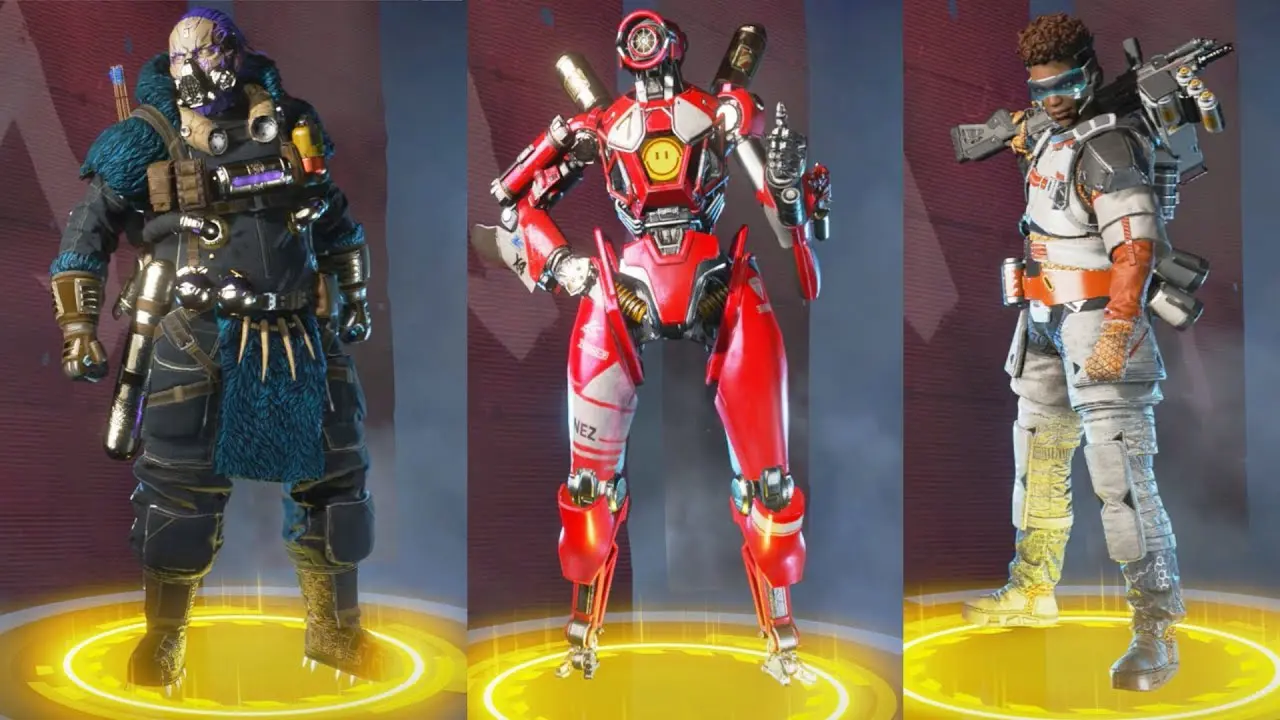
Another ‘why’ in this equation is simple – money. Microtransactions and loot boxes were a way for game companies to cash in on their audience, after they had paid for the game itself (or in the case of Fortnite, run entirely on those microtransactions). As well as DLC expansion content, developers will often tempt their players with new ways to enjoy the game, by way of cosmetic prettiness.
An article published by europeangaming.eu in February 2020, stated that EA (Electronic Arts) one of the biggest game companies in the world, made $2.835 billion from microtransactions over a 12-month period, from games like FIFA, Madden, and NHL.
So, the main reason why cosmetic culture has captured the gaming audience is threefold – greed, temptation, and vanity. Pretty sinful, right?
The effect on the player – and the enemy
Many players will cite that wearing “cool” or “rare” skins gives them an inflated sense of confidence, which they then bring into the gameplay itself, performing better. Some players even suggest that it helps them to focus, or even grind the game.
Of course, some people just like to look nice, and that’s fine too. These cosmetic items do not “provide any competitive advantage”, as Epic Games like to say.
Players feel like they are rewarding themselves, for either playing well, or just as a treat. You may have even earned certain crafting points, or game tokens that allow you to purchase said items, that may otherwise be bought with cold, hard cash.
Won a few games in a row? Maybe it’s time to gift yourself that £14.99 skin for your main, or that set of cosmetics you’ve had your eye on in the Item Shop that won’t be available in just a few hours. There are so many factors, psychologically, that effect the player, whether it is the act of purchasing itself, or playing the game.
- Read More - Is Colour-Blind Mode An Exploit?
In fact, your opponents on the battlefields skins also have their part to play in how YOU play the game. In Fortnite for example, if you see a Default skin, you may assume (possibly wrongly) that this player is new, and therefore an “easy kill”. It’s a false sense of security, that some players have cottoned on to, and will now flip this narrative to their advantage – specifically when pro players don the Default skin to catch enemies off-guard, who aren’t prepared for a sweaty fight.
Apex Legends’ Wraith is famous for one “intimidating skin” in particular, affectionately named “Bald Wraith”, but really titled The Liberator or Vengeance Seeker. When Wraith is shaved clean and broken free of her straitjacket, seeing her on an enemy team would strike fear into your heart – but why? It’s merely a skin that anyone who spends enough on Apex Coins could purchase, but quickly became synonymous with being a “sweat” – AKA a threat to your life.
The idea (which we’ve discussed previously in this article) that rewarding yourself for being a good player, hence spending more money on the game and Legendary skins, goes hand-in-hand with being a more dangerous player. Why just win, when you can look cool doing it?
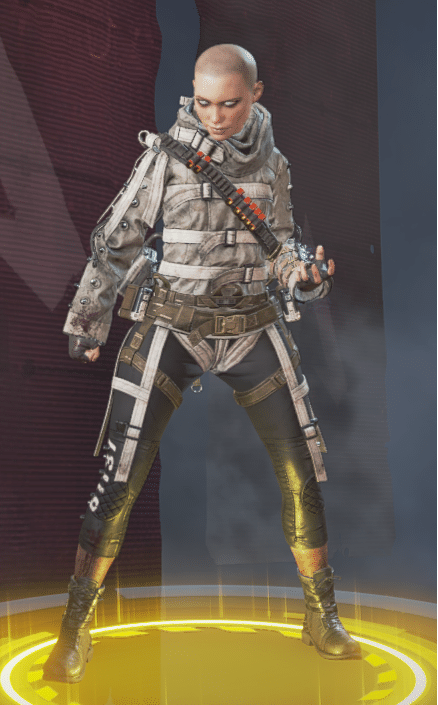
The jury is out on this one. At its core – buying and using skins should provide no advantage, no pay-to-win exploit, and no extra boost to skill. However, many players do state that looking cool helps their gameplay, whether that is by elevating confidence, intimidating the enemy, or just that extra hit of serotonin when you hit checkout on those V-Bucks.
Images via Respawn Entertainment | Epic Games | Bethesda

About The Author
Katie Memmott
Katie is the former Sub Editor and Freelancer Coordinator at GGRecon.
